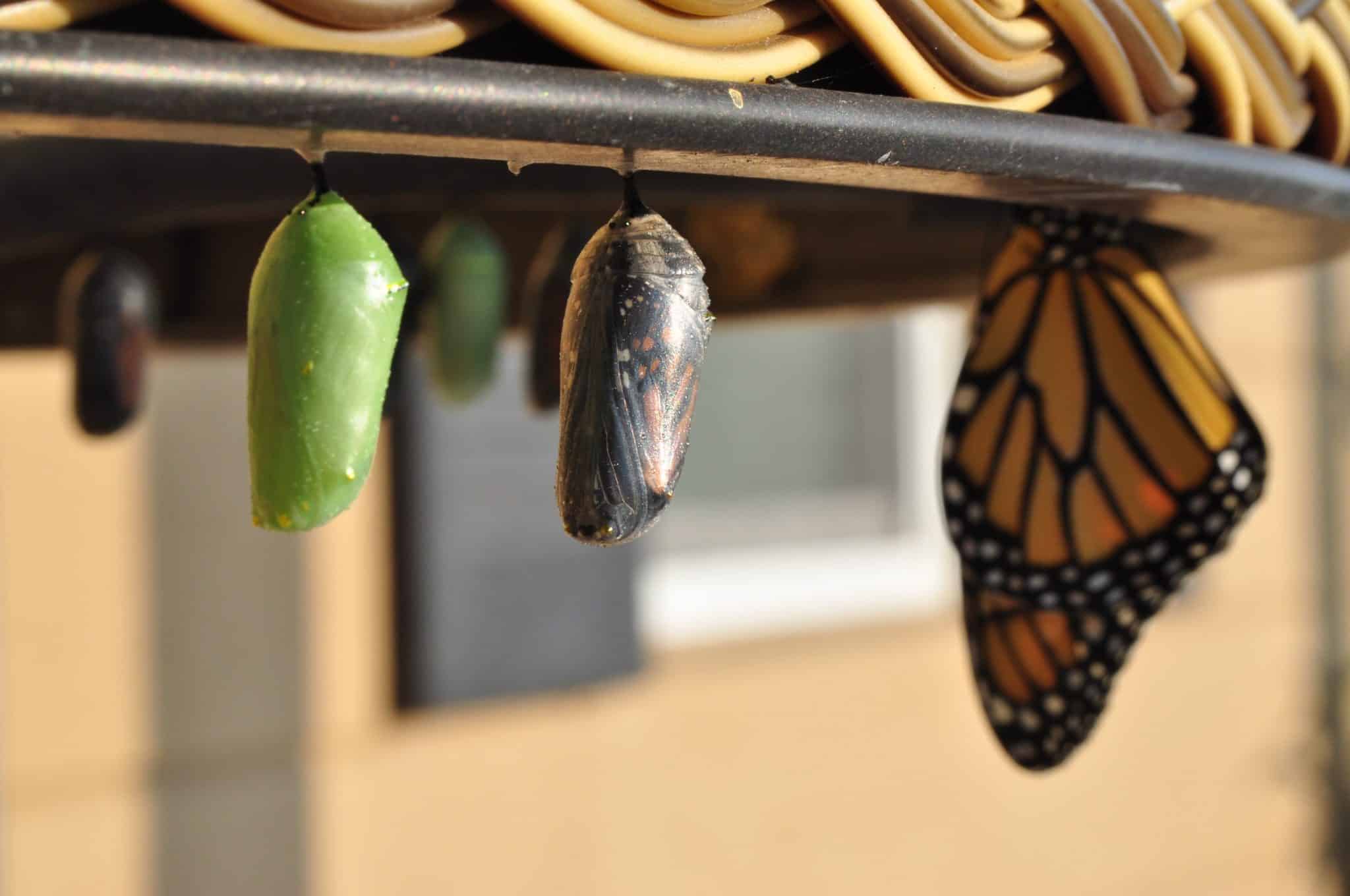Alcohol Awareness Week, You CAN Change
On this, the last day of Alcohol Awareness Week 2022 [18th - 25th November], we here at New Leaf Recovery wanted to take a moment to reflect upon the theme of the week, change.
If you’re becoming more aware of the idea that you may in fact have a problem when it comes to alcohol, possibly going as far as dependence, it’s important to know that change is possible.

What Is Alcohol Misuse?
The NHS guidance for characterising alcohol misuse is drinking more than 14 units per week, regularly. But what do we mean by ‘regularly’? In this case, frequent or regular would refer to most days across a number of weeks. Frequent alcohol misuse may lead to an excessive desire to drink or a feeling like you’re losing control of your drinking. This feeling can then develop into dependence and addiction.
It’s important to remain aware of your drinking habits and monitor how you’re feeling. Remember, change is possible, whether you’re drinking a unit or two too much or suspect you’re suffering from alcoholism.
Reducing the Risk of Alcohol-Related Harm
Alcohol is known to cause a huge number of issues in the short term, usually relating to inebriation itself. This could include negative consequences due to behaviour and actions or accidents and health risks.
However, the long-term effects of alcohol misuse are even more severe, often including serious health conditions. These may include different types of cancer, such as mouth, bowel, breast, or liver cancer, as well as other liver-related diseases. Problems with thinking or memory may also arise due to brain damage.
There are also social issues that are known to become common when dealing with alcohol dependence. Your relationships may begin to suffer with your family, friends, or loved ones. This can often make dependence even more difficult, as your support network may begin to disappear, this is also a time when individuals are more at risk of experiencing domestic abuse. Your home and job security may also be at risk, as many face unemployment and financial crisis.
How Do I Know if I’m Drinking too Much?
Addiction affects both your quality of life and your relationships. However, this detrimental impact on your life can be difficult to see when in the throes of addiction, and often, it can feel impossible to accept that you might have a problem.
Someone dependent on alcohol may be able to recognise some of the following physical and psychological signs of withdrawal when attempting to cut down or stop drinking:
- Sweating.
- Hand tremors.
- Difficulty sleeping.
- Anxiety.
- Depression.
- Hallucinations.
These symptoms often make it extremely difficult to stay sober unsupported and may lead an individual back to the substance in order to avoid withdrawal.
If you’re worried about whether you’re drinking too much alcohol, there are a few questions you can ask yourself:
- Do you feel bad or guilty about your drinking?
- Have other people been criticising your drinking?
- Do you feel that you should reduce your drinking?
- Do you feel the need to drink first thing in the morning either to get rid of a hangover or calm your nerves?
- Do you miss important events or appointments, or cannot do what is needed or expected due to being drunk or hungover?
- Do you end up drinking and then think to yourself 'how have I got here again?'
- Do you hide your drinking or try to hide your drinking?
- Have you tried strategies to stop such as just drinking on certain days, swapping your drinks, and handing over your money to family or friends?
- Regularly saying to yourself 'I'm not drinking again' and 'I've had enough’, only to find yourself doing it again at some point?
Reach Out for Help with Your Alcohol Dependence
If you suspect that you may be suffering from alcohol dependence this alcohol awareness week is the perfect time to recognise your struggle. Help is often just a phone call away, and once in recovery, your life could change beyond belief.
Recovery is possible, so please reach out for support today. Here at New Leaf Recovery, our rehab centres offer detox and treatment programmes to help you make the change you need to enter recovery. Call today, or fill in our contact form, we’re always happy to help.

